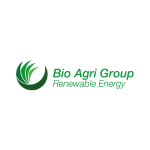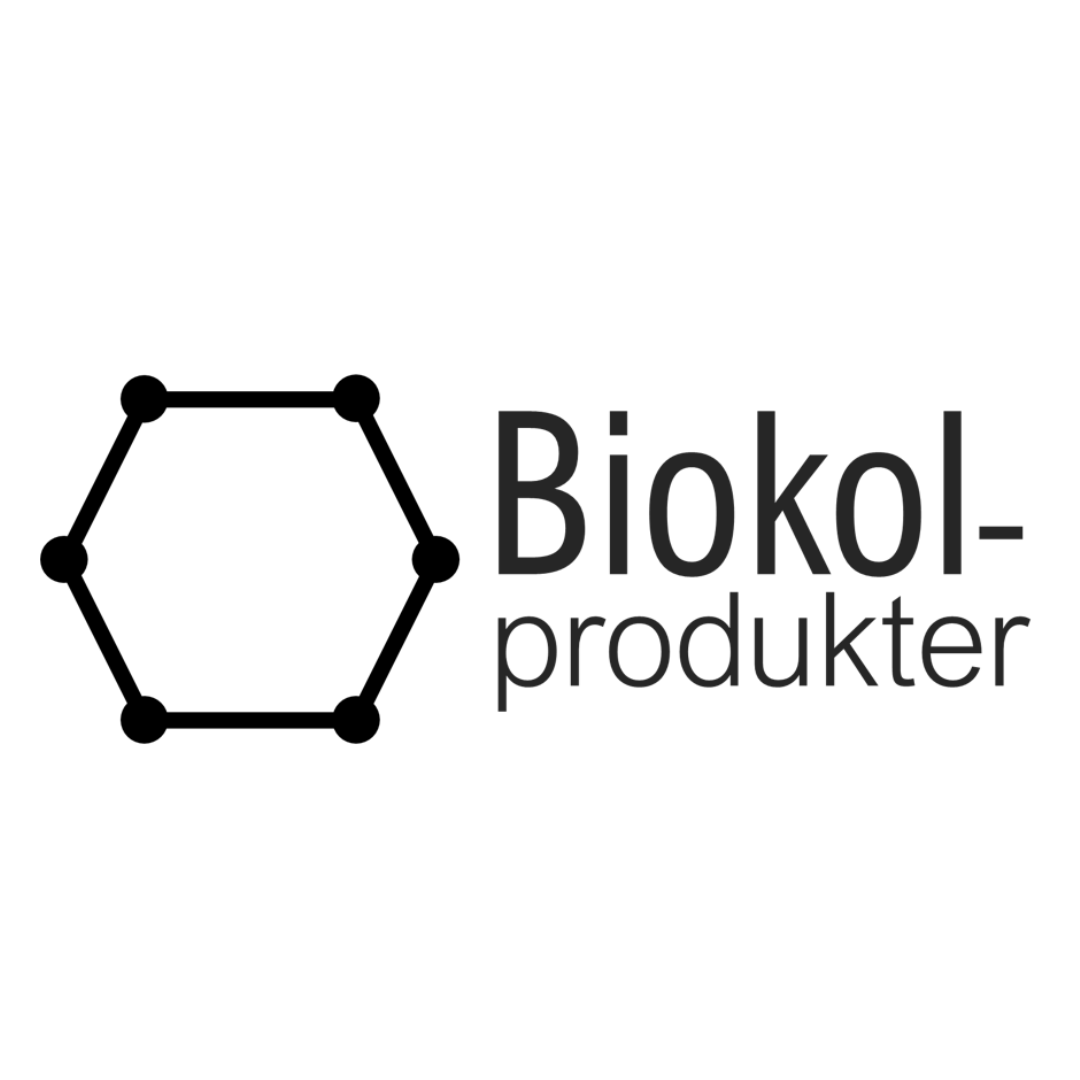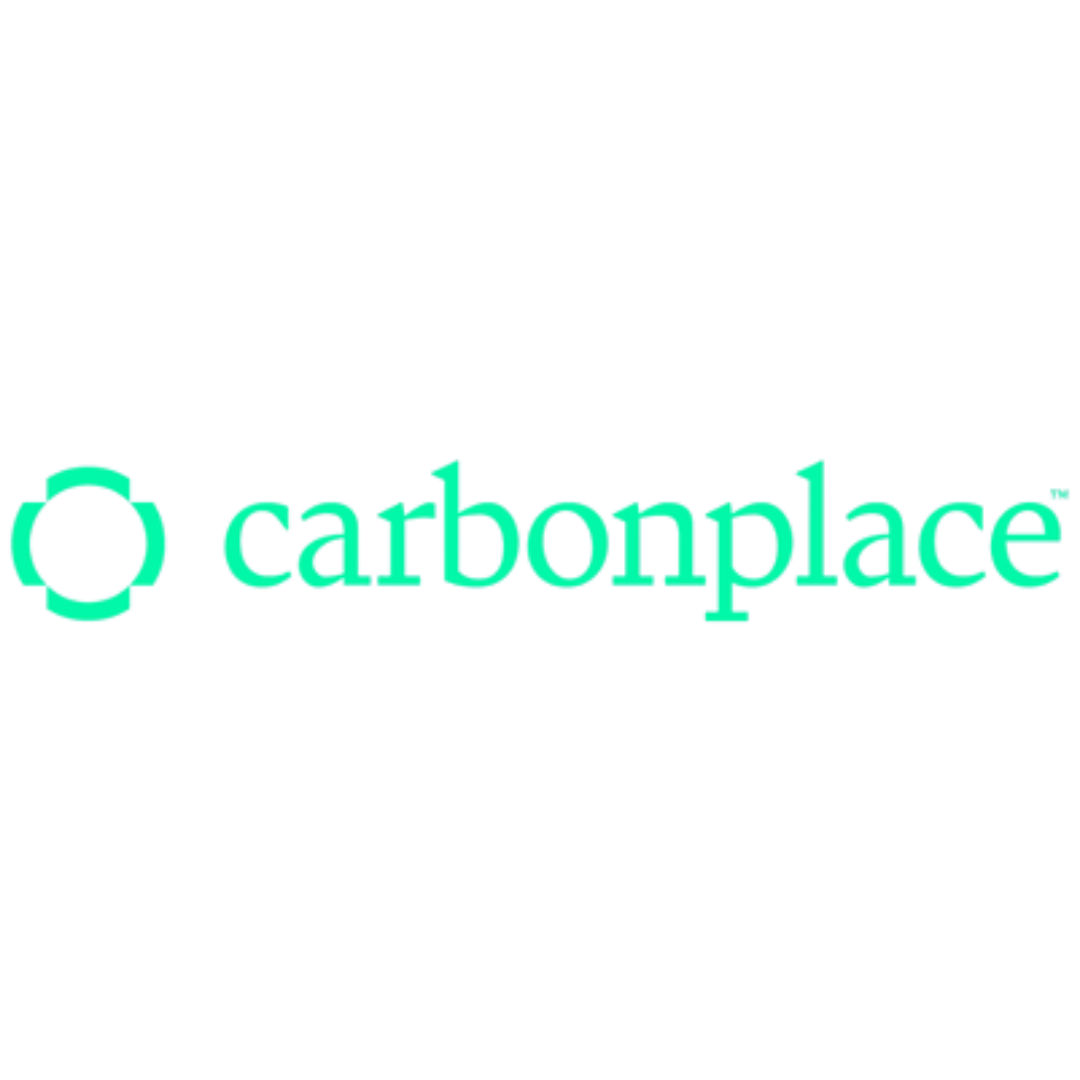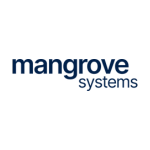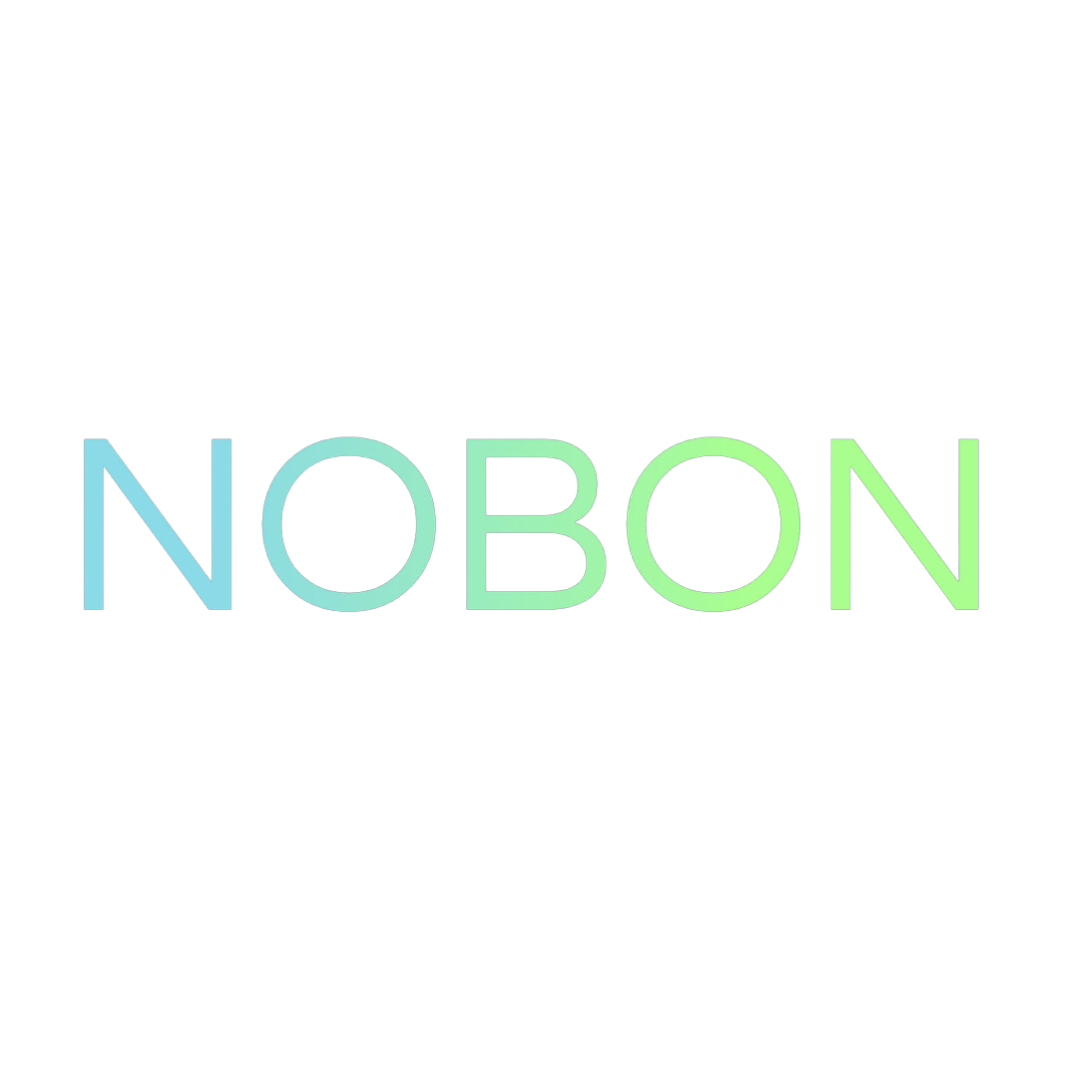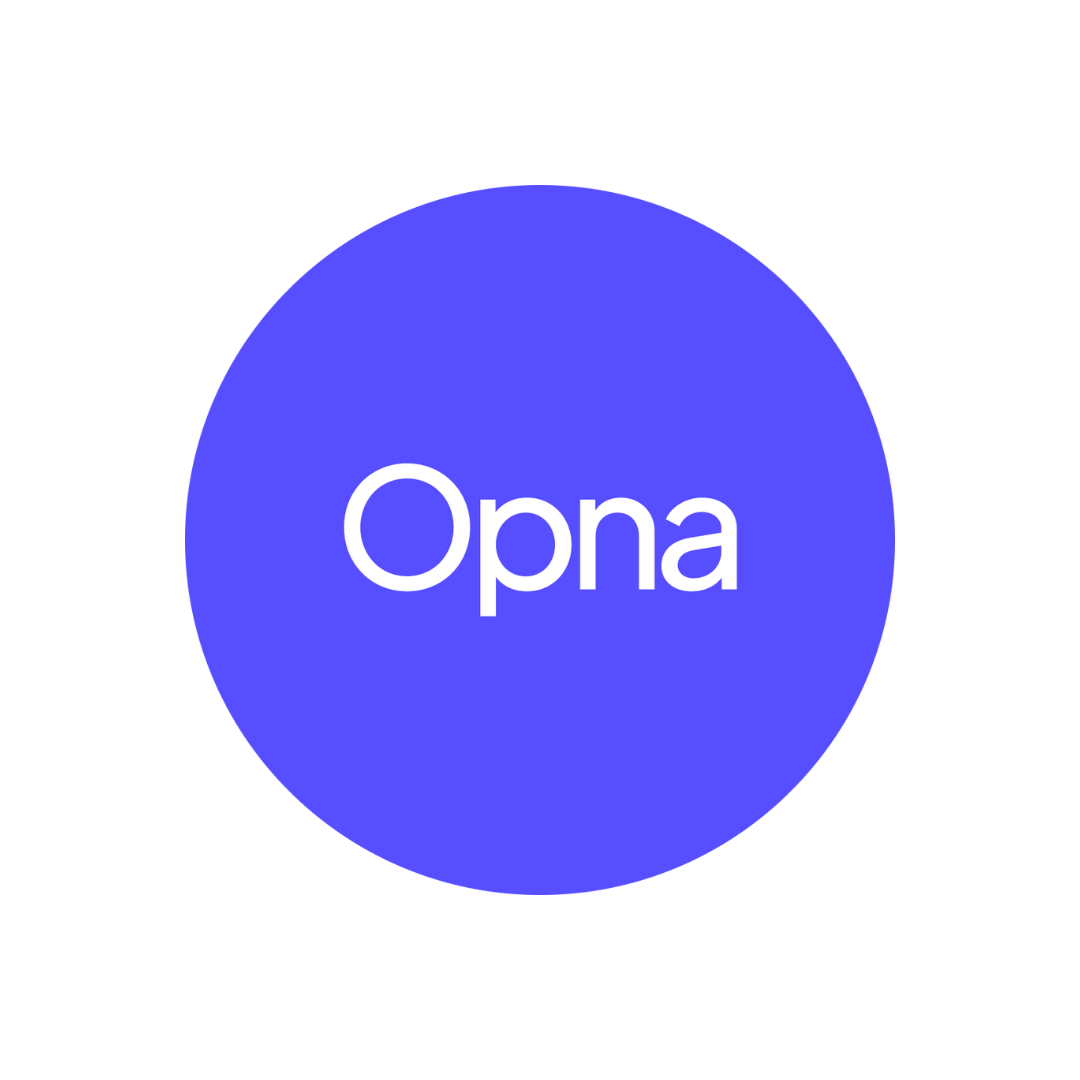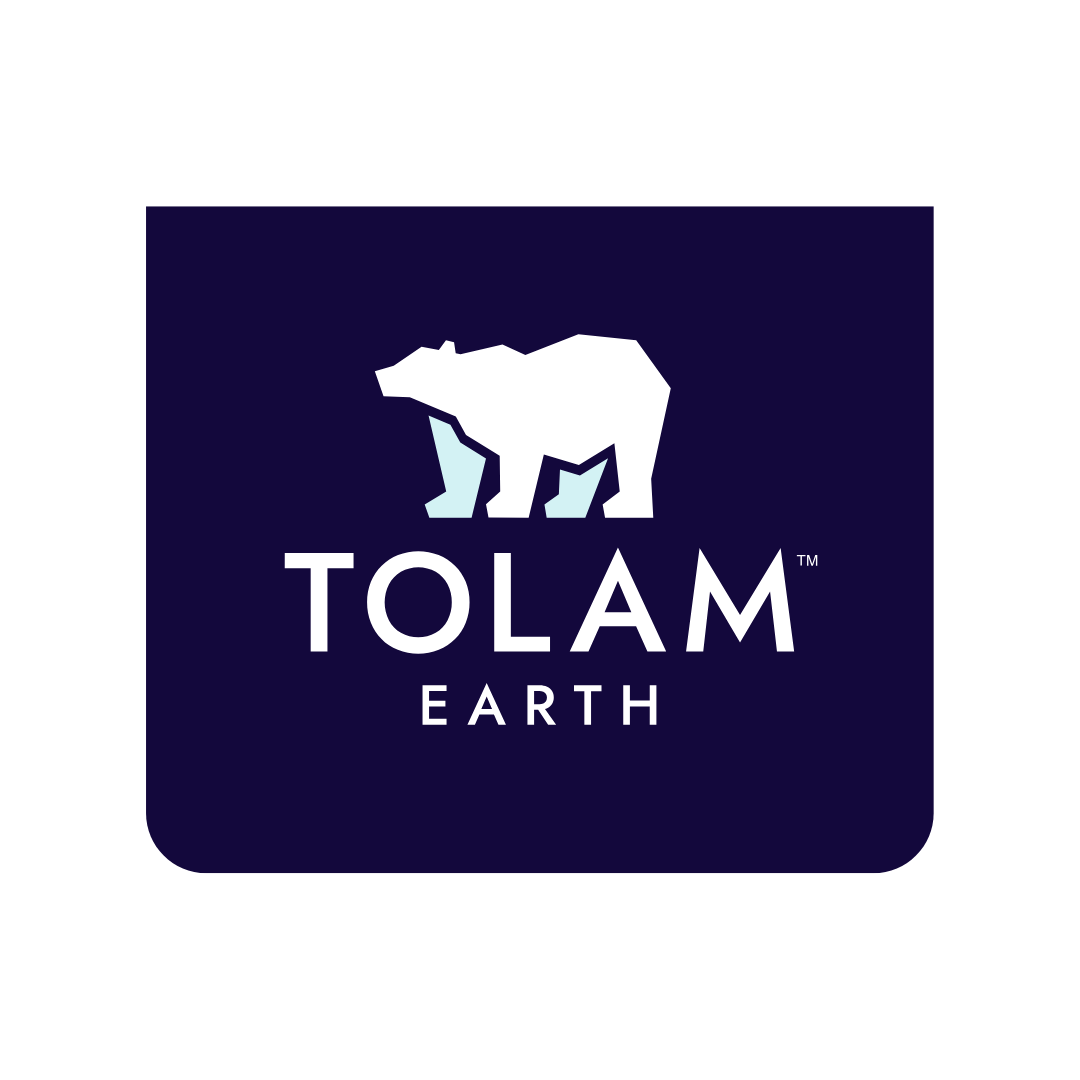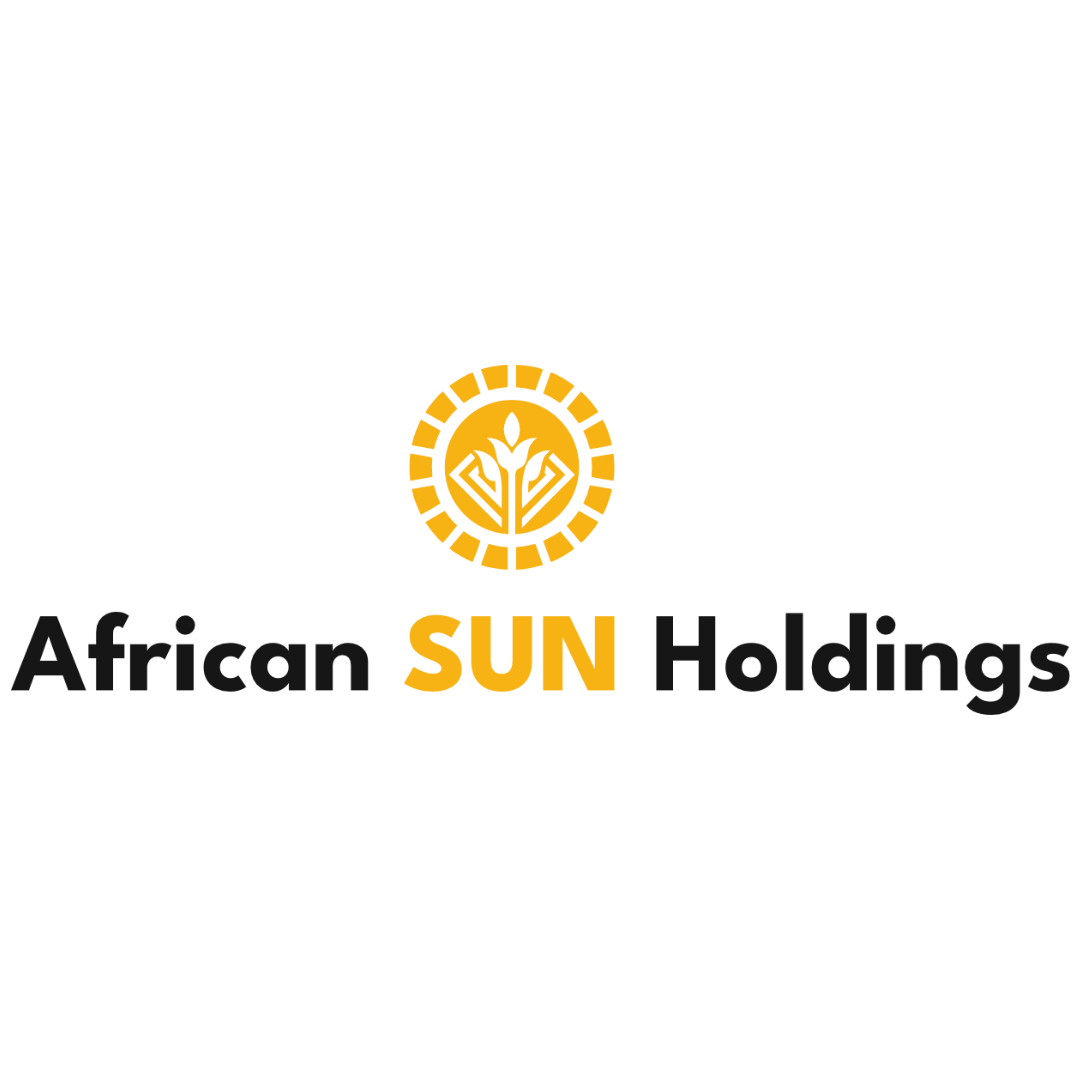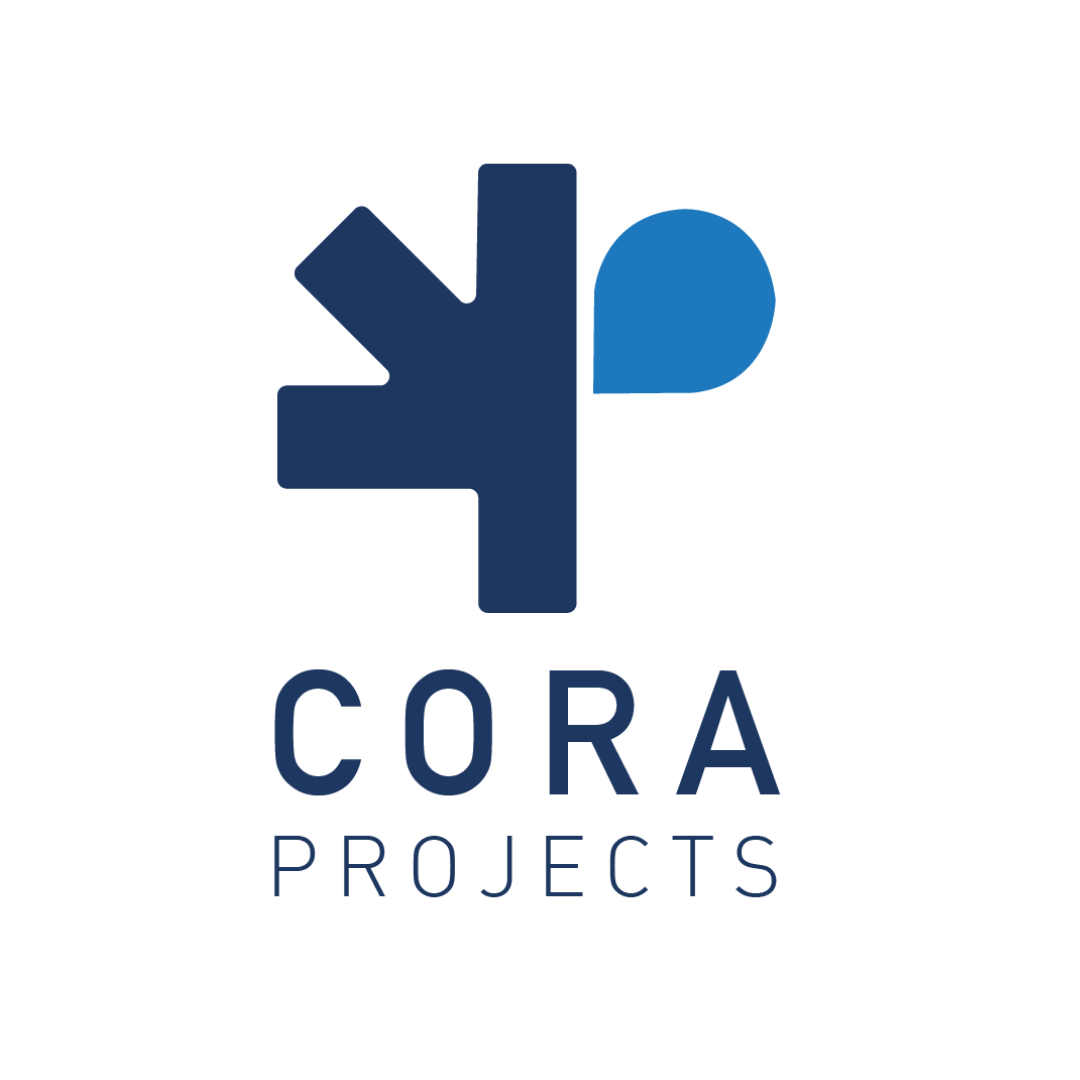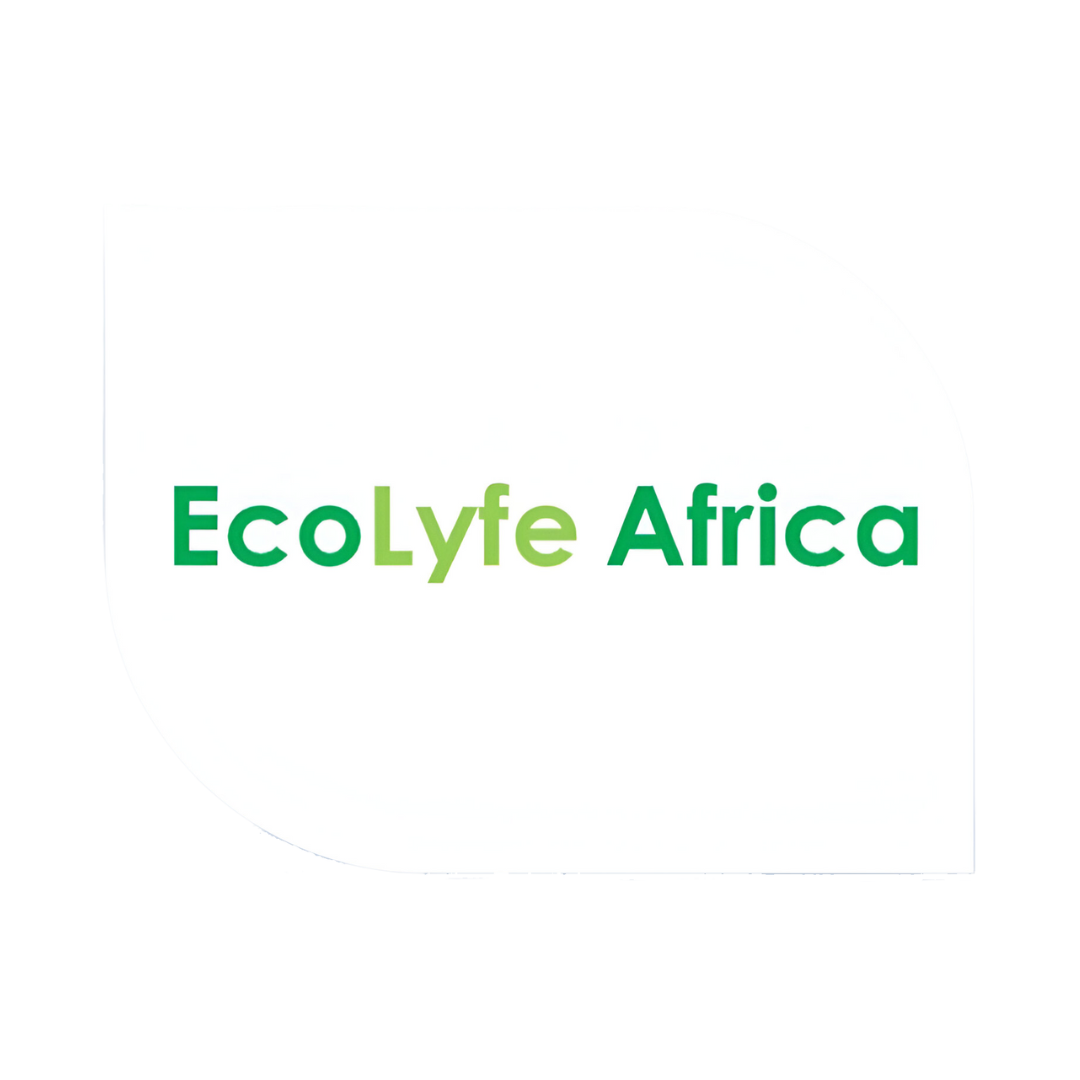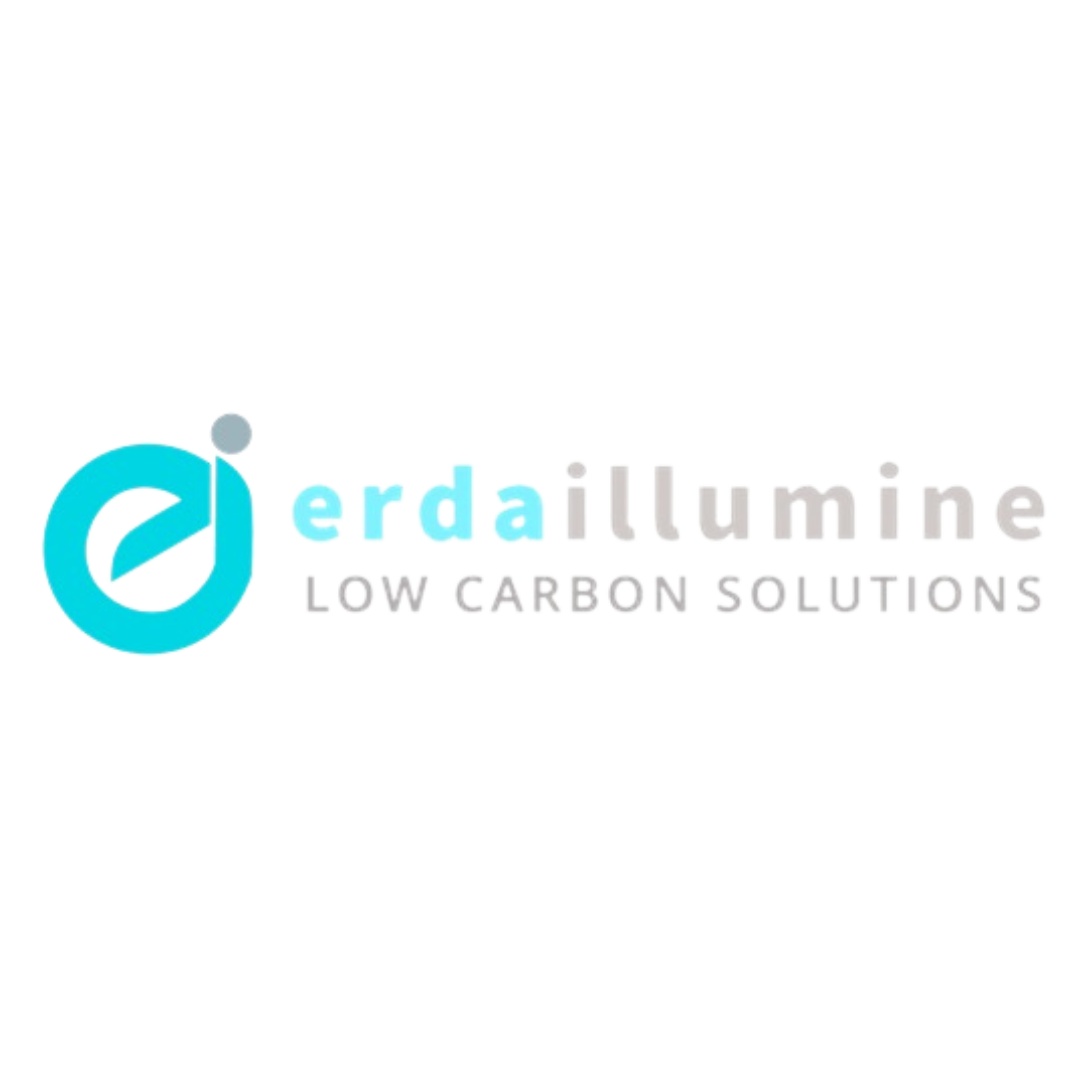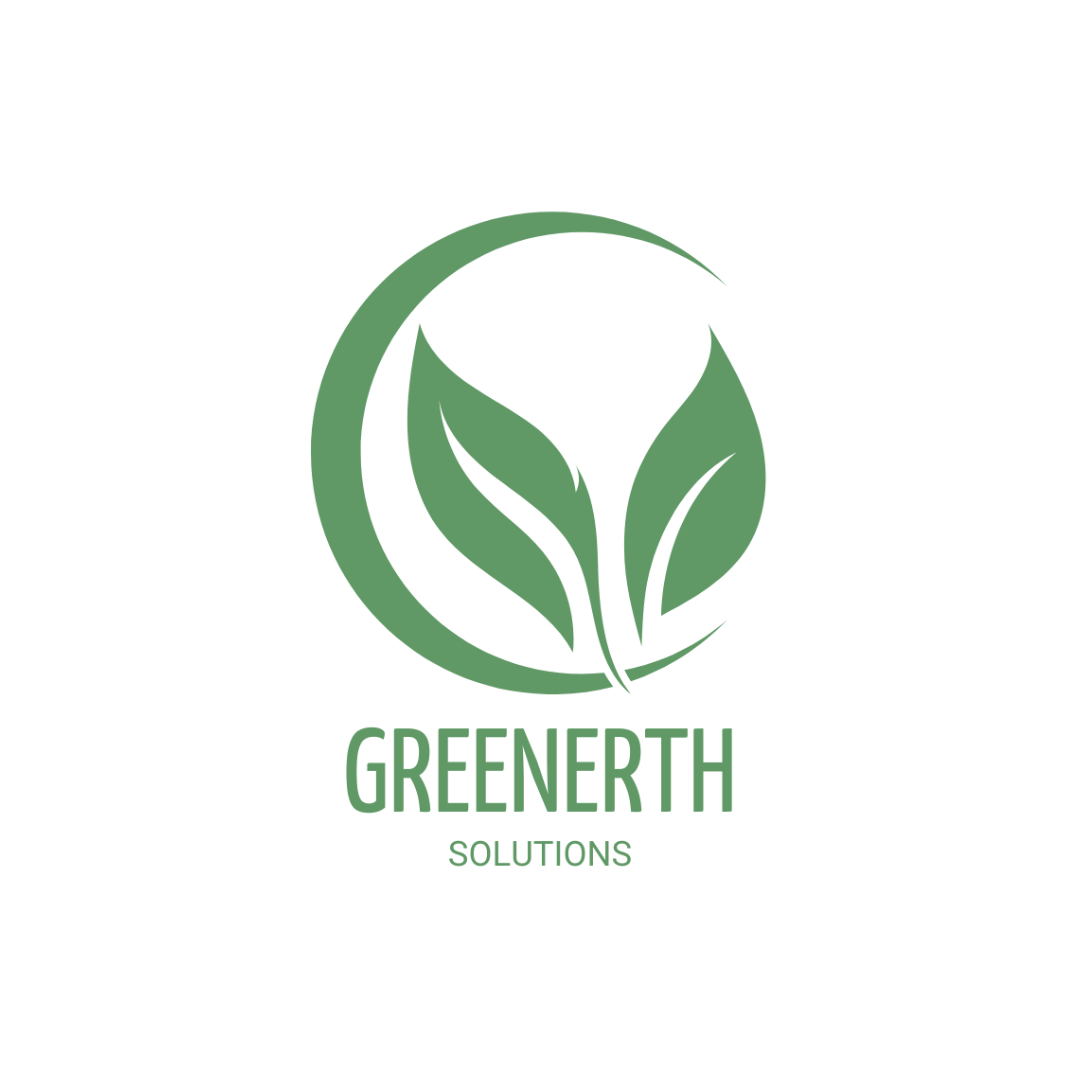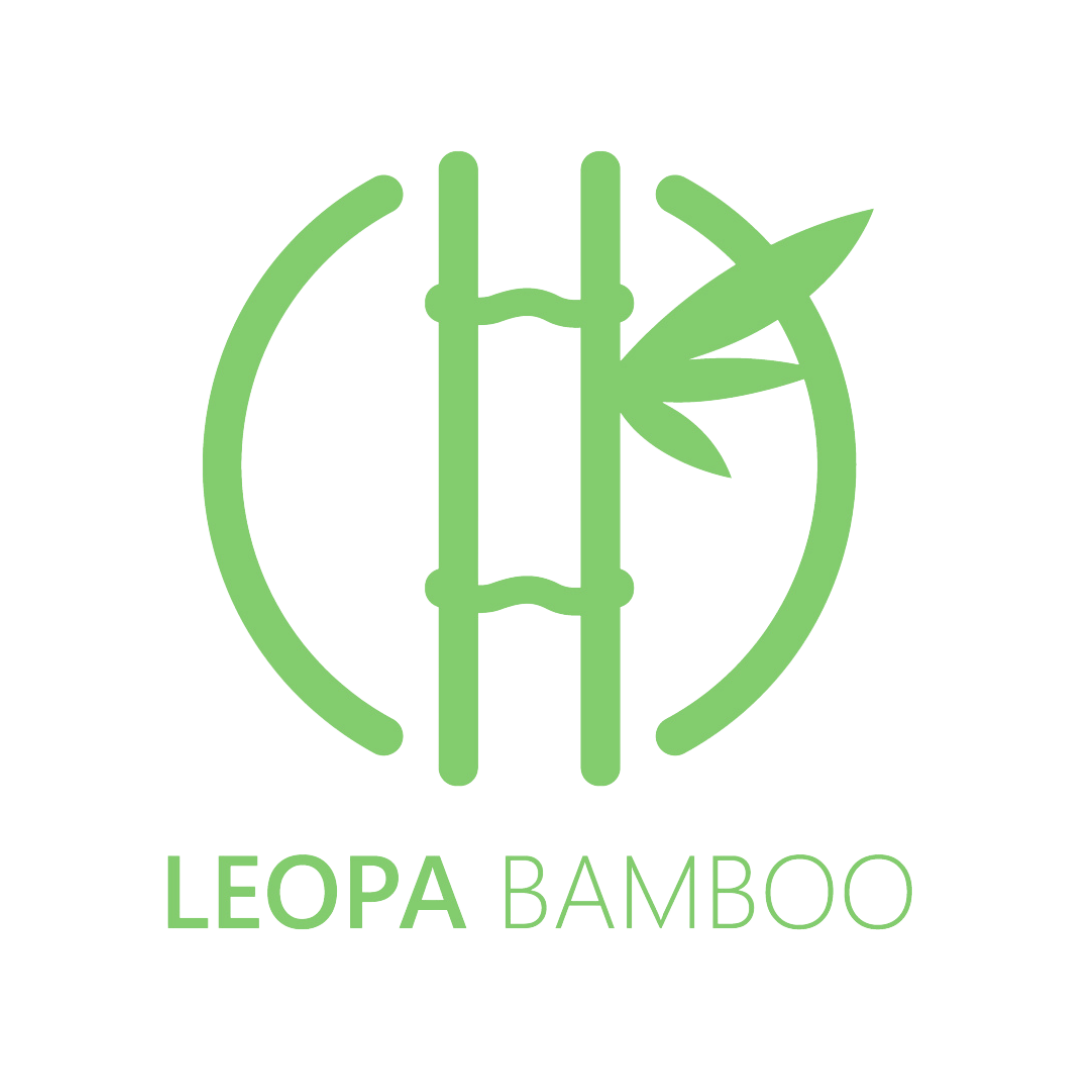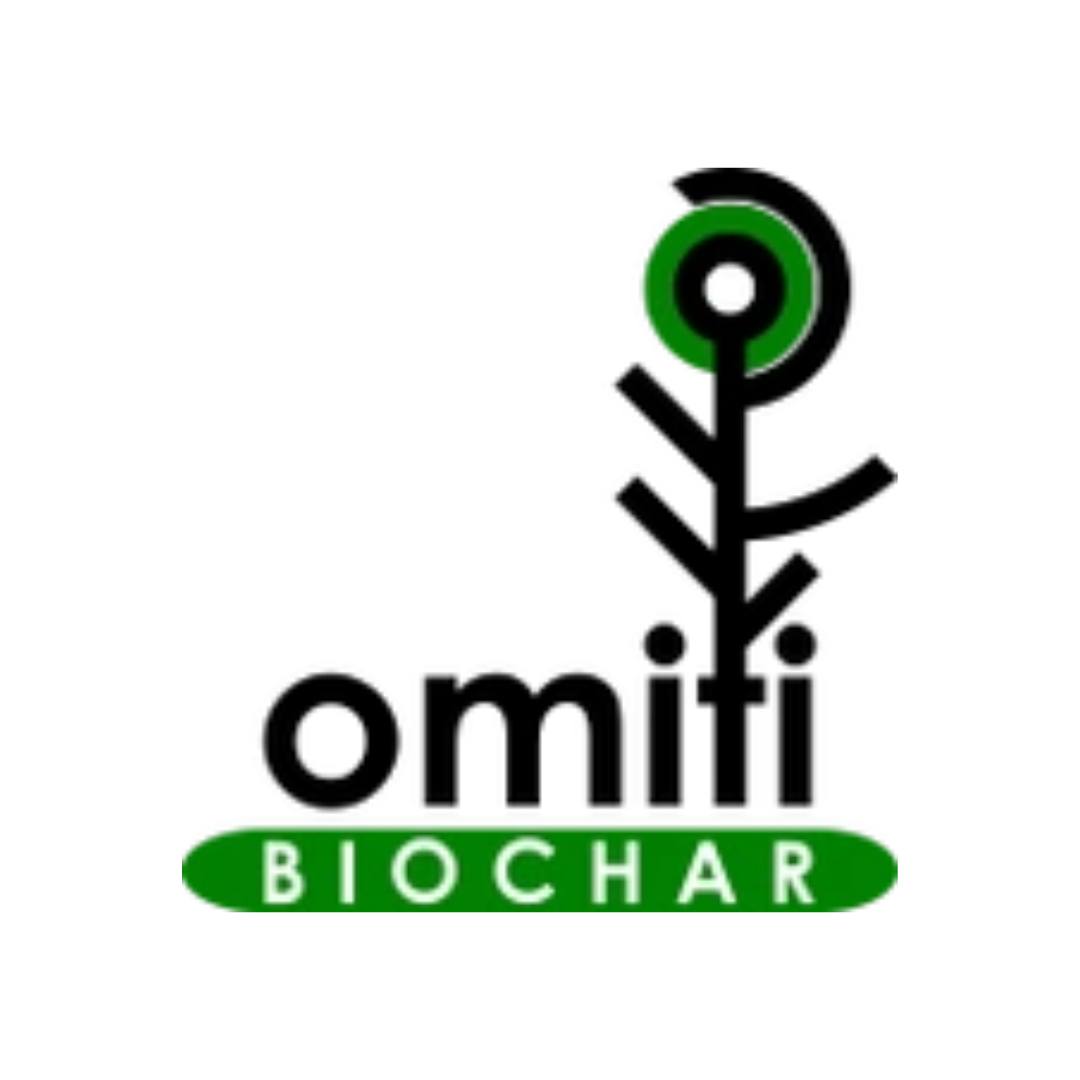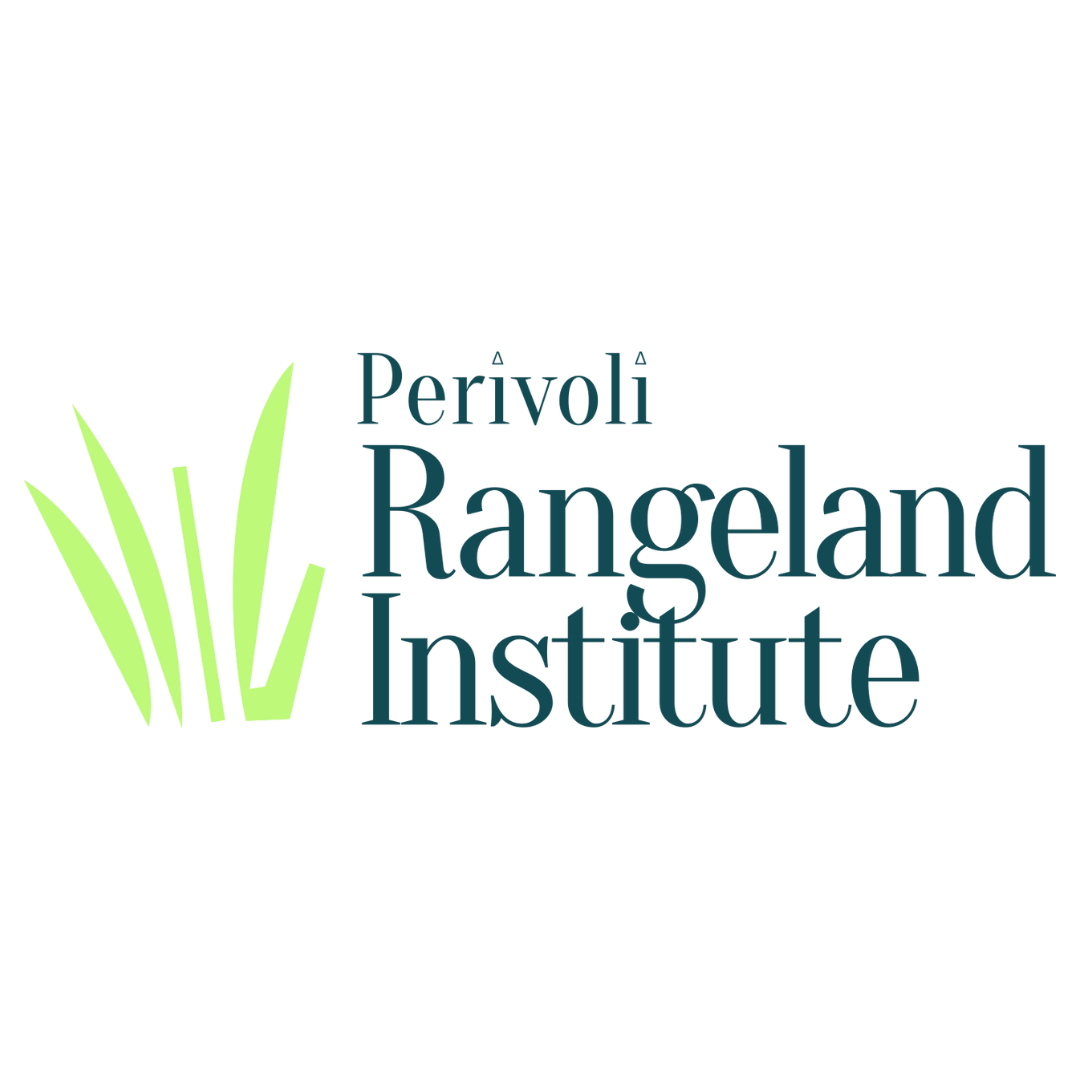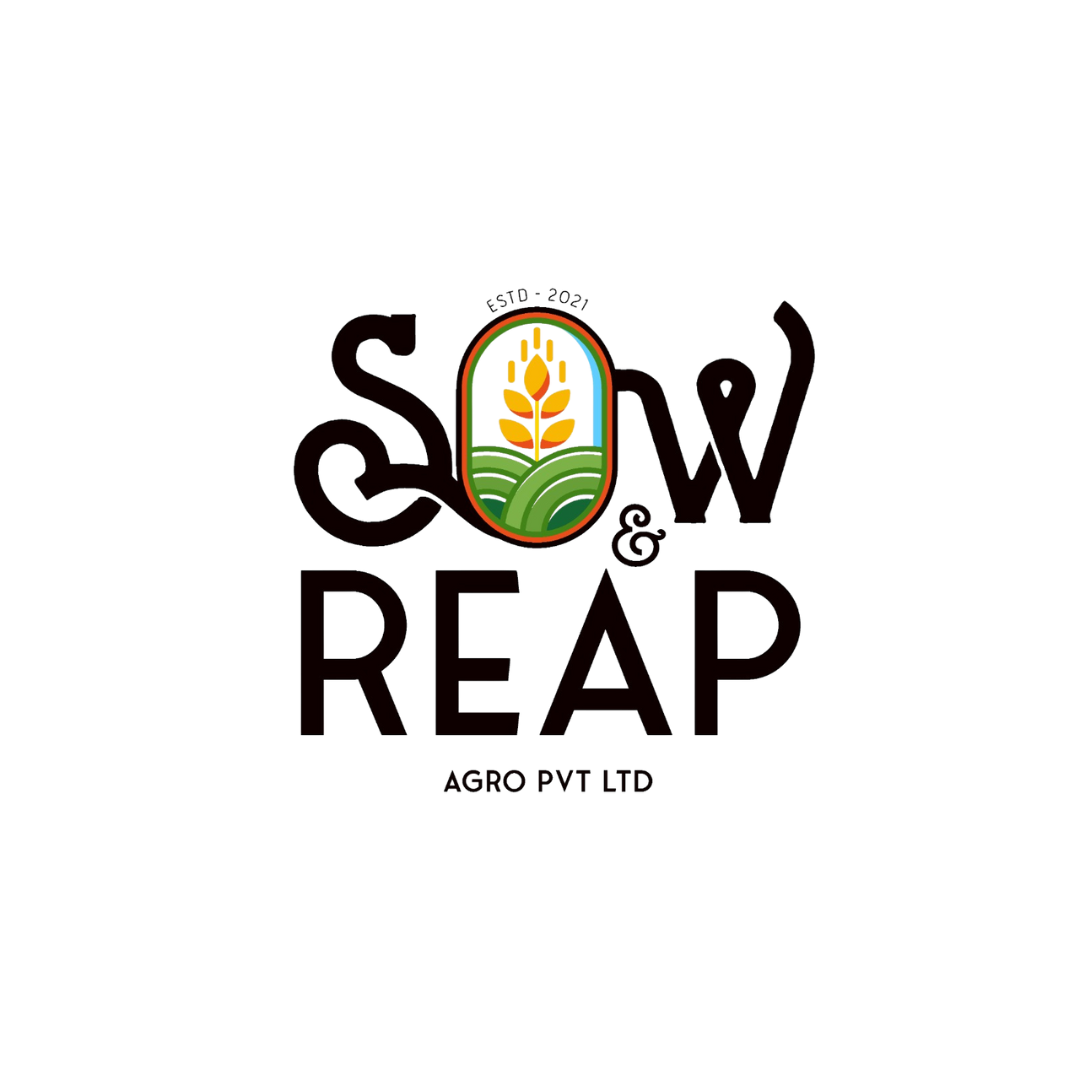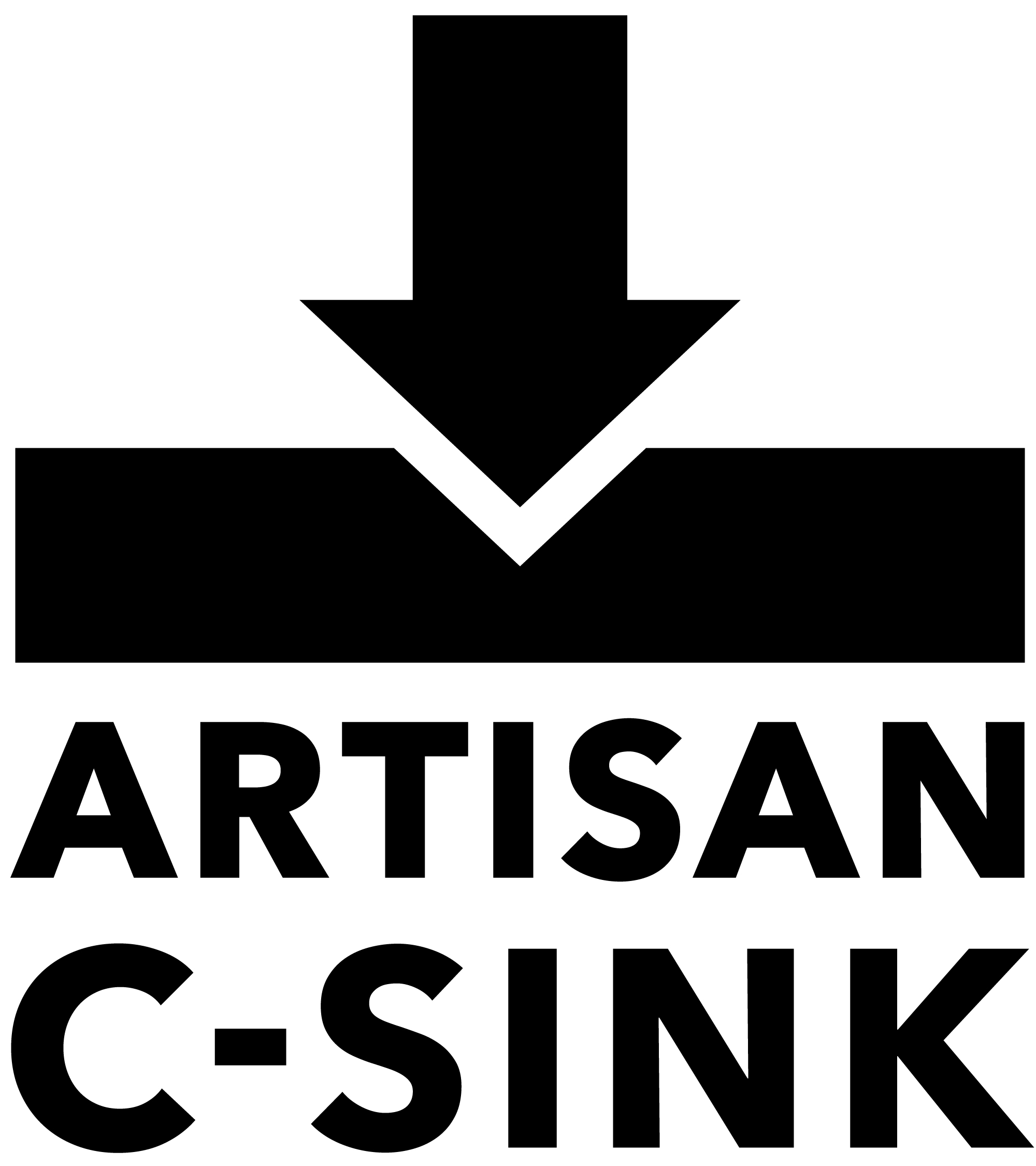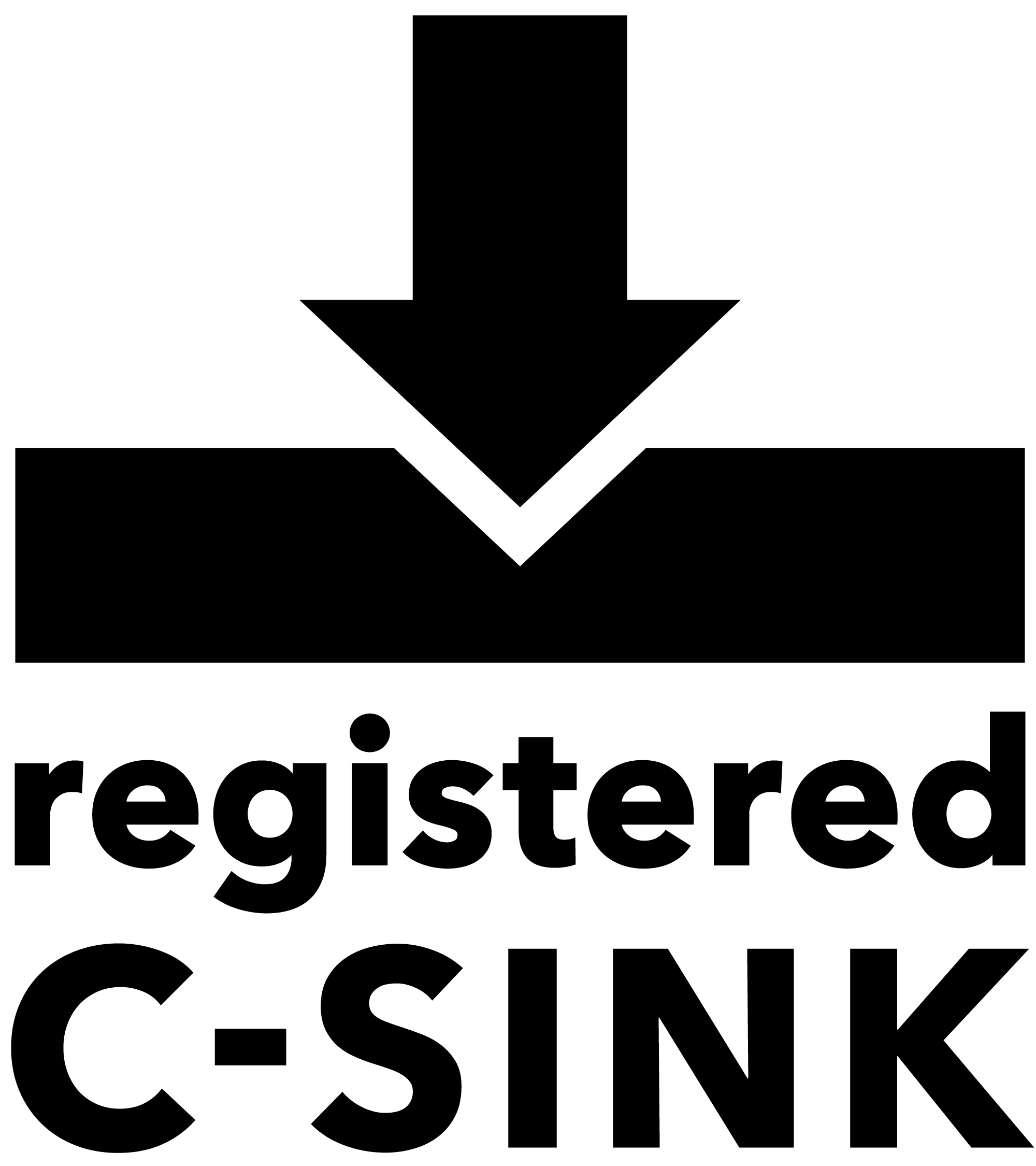
Global Artisan C-Sink
Production of biochar in lower income countries
For more than two thousand years, charcoal and biochar have been produced worldwide for heating, cooking or fertilizing the soil. The Global Artisan C-Sink Standard is for producing, processing, and applying biochar in agriculture in Low, Lower, Middle and higher-middle-income countries.
The Global Artisan C-Sink guarantees that the biomass feedstock in low, lower middle and higher middle income countries (see classification of countries here) is sustainably produced in an artisan way with Kon-Tiki type pyrolysis, thus reducing emissions in the production process of biochar. All aspects of the biochar’s quality are monitored and documented. Beside this, C-sink credits can be generated by using the biochar for agricultural purposes. This offers the possibility to sell CO2 certificates via existing trading platforms and contribute to the income of farmers.
Customer benefits
The Global Artisan C-Sink certification is not only generating additional income for farmers but also creating economic incentives for the emerging sector of agricultural climate services. Explore the numerous opportunities it offers and make a positive impact on the environment.
Here you will find the current version of our standard:
Additional clarification and guidance:
The issuance process for carbon credit in the Global Artisan C-Sink standards revolves around empowering smallholder farmers.
The following points of the project eligibility must be fulfilled:
- Production of biochar according to Global Artisan C-Sink conditions.
- Farmers and Artisan Biochar Producer are not certified under any other methodology for nature-based climate service (i.e. biomass production and soil organic carbon).
- Social Impact: Involved parties have to be compensated fairly and transparently.
- Project location: Project is located in low- or middle-income country according to the World Bank classification.
- Biochar production does not exceed 100m3/year for a single C-Sink Farmer or 1500m3/year for a single Artisan Pro and is done with a low-tech production unit.
Endorsement, Validation & Verification process:
The endorsement and validation/verification process consists of three phases:
- The endorsement phase by CSI to check if the Artisan C-Sink Manager fulfil basic requirements and the understanding of the process.
- During the validation it will be checked whether a project meets all rules and requirements from the Global Artisan C-Sink standard and is conducted by approved, qualified and independent Validation and Verification Bodies (VVB).
- The verification by a VVB confirms that the outcome set out in the project document description (PDD) has been achieved and quantified according to the requirements of the Global Artisan C-Sink Standard and includes an on-site inspection by the VVB.
Registration Process:
After an initial contact via the email address service@carbon-standards.com, the next step is to register to start the endorsement process.
Endorsement Process:
In the endorsement process, the aim is to clarify the basic requirements and to make certain technical clarifications. This includes, among other things, dMRV, pyrolysis technologies, and possible methane compensations. Additionally, the Project Design Document (PDD) and the process will be explained in detail.
Project Design Document:
The Project Design Document (PDD) describes your project activity, from biomass sourcing to the methane compensation plan. The calculation formulas in the PDD enable external parties to understand the activities and the calculation of the C sinks. Below are the documents you need for the process.
Watch our webinar about PDD.
Endorsement of a new dMRV provider:
There is an increasing demand for digital Monitoring, Reporting, and Verification (dMRV) provider in the biochar production sector, particularly focusing on smallholder farmers. Please find the requirement to become a dMRV provider in this document below:
Find here a list of endorsed dMRV providers for Global Artisan C-Sink:
Endorsement of new system provider:
Carbon Standards welcomes an Artisan C-Sink Manager who wants to develop their own low-tech pyrolysis technology, which will require a separate endorsement for the project. Please find the required document below:
Find here a list of endorsed system providers for Global Artisan C-Sink:
Endorsement of a new C-Sink Trader:
This role is crucial in creating a transparent and efficient marketplace, where carbon sinks are accurately quantified, verified, and traded, ensuring that efforts to offset emissions are both credible and impactful.
C-Sink Traders are authorized to conduct both transfers and retirements in the Global C-Sink Registry.
Find here a list of endorsed C-Sink Traders:
Find a list of IT Tools applicable to the Global Artisan C-Sink Standard here:
Endorsement of a new laboratory:
Biochar laboratories play a crucial role in verifying carbon sequestration calculations and determining the quality of the biochar produced. Here you will find the document to recognise your laboratory:

ENVIRO ANALYSTS AND ENGINEERS PRIVATE LIMITED
Row House No.2, Shalom Garden, Opp. Kanakia College,
100ft, Kanakia Road, Miraroad (East),
Thane -401107
India
Tel.: +91 9321619726/ 7208284644/ 9967721437
E-Mail: [email protected]

Eurofins Umwelt Ost GmbH
Freiberg Branch
Freiberg East industrial estate
Lindenstraße 11
D-09627 Bobritzsch-Hilbersdorf
Germany
Phone: +49 3731 2076 - 500
E-mail: [email protected]
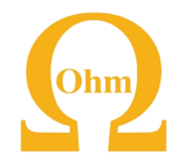
Ohm Laboratory Private Limited
Plot No-281, Udhyog Kendra II, Ecotech III,
Greater Noida, Uttar Pradesh,
India – 201306

QSS Inspection and Testing Private Limited
Plot No. 70 & 71, 1st & 2nd Floor, Sector 19A, Vashi,
Navi Mumbai 400705, Maharashtra, India
E-mail: [email protected]
Ruhr Lab GmbH
Laboratory at KW Scholven
Glückaufstrasse 56
D-45896 Gelsenkirchen
Germany
E-mail: service(at)ruhr-lab.de

CERES-CERT AG
CERES-CERT AG is the third-party auditing body for the standards owned by Carbon Standards International.
With the experience in the certification of biochar, CERES-CERT AG has the necessary expertise to certify biochar production and processing companies and to validate and verify your climate projects.
Ongoing public consultation
As part of the validation process, the projects needs to go through a public consultation, where third-parties can provide feedback:
Feedback form
Please fill in that form and send it to: standards@carbon-standards.com
If you would like to have Carbon Standards review potential modifications or amendments to the standard, please review the following:
Standard updates
Here you find old version of the standards including a marked version with the changes to the current version of the Global Artisan C-Sink.
In this section you’ll find additional information
Contact person
 Dominic Hafner
Dominic Hafner
CTO Biochar
+41 (0) 62 552 10 96
dominic.hafner@carbon-standards.com
 Luki Fathia
Luki Fathia
Environment and Climate Specialist
+41 62 552 10 93
luki.fathia@carbon-standards.com











